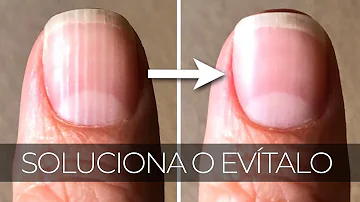Why Do Lips Crack? Understanding and Preventing Chapped Lips
Few things are as universally uncomfortable as dry, chapped lips. That tight, sometimes painful feeling can be a constant distraction, and even a source of insecurity. But why do our lips seem so prone to drying out, cracking, and peeling? Understanding the causes behind chapped lips, or "porque se parten los labios" as it's known in Spanish, is the first step towards finding relief and keeping your smile feeling its best.
Unlike the rest of your skin, lips lack oil glands, making them particularly vulnerable to moisture loss. This is why they're often the first area to show signs of dehydration. Add in environmental factors like sun exposure, cold winds, and dry air, and it's no wonder chapped lips are a common complaint.
But dryness isn't the only culprit. Certain lifestyle habits can also contribute to chapped lips. Frequent lip licking might seem soothing in the moment, but the digestive enzymes in saliva can actually further dry out your lips. Similarly, breathing through your mouth, whether due to a cold or habit, can also lead to chapping.
Nutritional deficiencies, particularly a lack of B vitamins and iron, have also been linked to chapped lips. And while less common, allergies to certain ingredients in lip products, toothpaste, or even food can manifest as dry, irritated lips.
The good news is that most cases of chapped lips are easily treatable with a few simple changes. The key is to address the root cause, whether it's environmental, habitual, or related to your overall health.
Staying adequately hydrated is crucial, as it helps keep your skin, including your lips, plump and moisturized. Using a humidifier, especially during dry winter months, can also make a noticeable difference. Protecting your lips from the elements is equally important. Applying a lip balm with SPF before heading outdoors can shield them from the sun's harmful rays, while a richer ointment-based balm can provide a barrier against cold air and wind.
If you find yourself constantly reaching for the lip balm, it's worth taking a closer look at the ingredients. Some lip products contain fragrances, flavors, or alcohol, which can irritate sensitive lips and exacerbate dryness. Opt for balms with hydrating ingredients like shea butter, beeswax, coconut oil, or hyaluronic acid.
While occasional chapped lips are usually nothing to worry about, persistent or severe dryness could be a sign of an underlying medical condition. If your chapped lips are accompanied by other symptoms, such as cracking at the corners of your mouth, a rash, or swelling, it's important to consult a doctor or dermatologist to rule out any underlying medical causes.
Taking care of your lips is an essential part of maintaining overall health and well-being. By understanding the causes of chapped lips and adopting simple preventative measures, you can keep your smile feeling soft, supple, and healthy year-round. Remember, healthy habits lead to healthy lips!
Cebu city land grab your philippine paradise awaits maybe
Remembering a star the enduring legacy of actors name
Tiny triumphs celebrating preschool graduation ceremonia de graduacion preescolar














